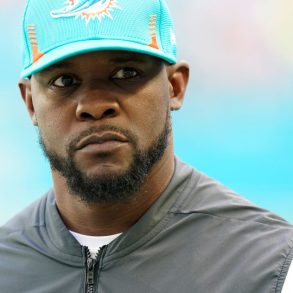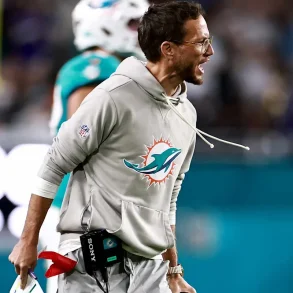George Pickens, recently traded from the Pittsburgh Steelers to the Dallas Cowboys, has stirred controversy after canceling his appearance at a youth football camp in Pittsburgh. Initially committed to attending the June 28 event, Pickens pulled out despite earlier confirming his participation post-trade.
His sudden withdrawal has disappointed many fans and families who registered their children for what was originally marketed as the “George Pickens Youth Football Camp.”
Camp Rescheduled with New Guest, But Partial Refunds Leave Parents Disappointed and Frustrated
In response to Pickens’ cancellation, the organizing company quickly rescheduled the camp for July 20 and named Steelers tight end Pat Freiermuth as his replacement. The event organizers informed attendees via email, taking a noticeably critical tone toward Pickens.
While efforts were made to salvage the event by bringing in other Steelers players, the abrupt change in both schedule and headliner left many parents questioning the value of their initial investment.

Although the company offered partial concessions—such as refunds for Pickens’ autograph, full refunds for the “Family Experience” package, and a 25% credit toward future camps—they stopped short of issuing full refunds for all attendees.
This decision sparked backlash, especially from families who signed up specifically to see Pickens and might now be unavailable on the new date. The lack of a complete refund option has been a key point of contention.
Transparency Issues and Delayed Communication Spark Outrage Among Camp Attendees and Families
Further criticism stems from the company’s handling of the situation. The email to attendees revealed that organizers had known about Pickens’ cancellation for over a week but waited until three days before the original event date to announce the change. Many perceive this as a delay meant to secure an alternative guest before informing customers, rather than a timely and transparent communication.
Public sentiment leans toward the belief that attendees deserve full refunds, given the date change and the absence of the camp’s original star. Critics argue that the company should prioritize customer satisfaction and fairness over damage control.
If the financial burden is significant, some suggest the organizers pursue compensation from Pickens—assuming a binding agreement was in place. Ultimately, the episode has highlighted the risks of promoting events heavily reliant on individual athletes.







